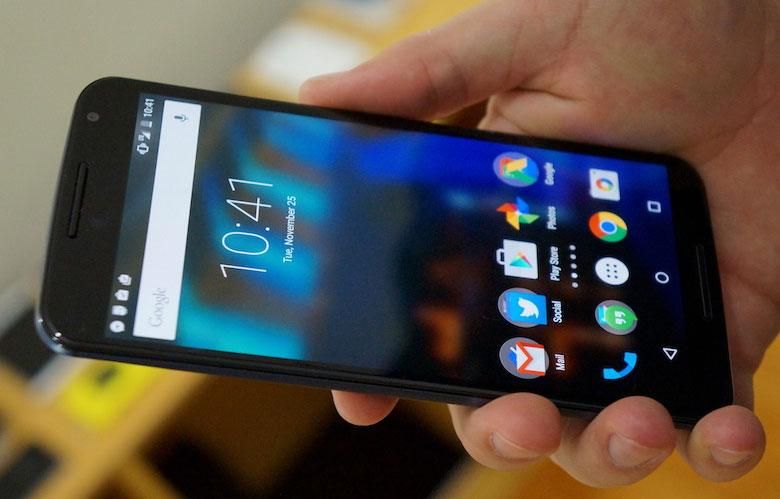Late last summer, before Android L was even formally Android Lollipop, we heard from Google about the bold step it was taking in making full-disk encryption the default for pure Lollipop devices. Such encryption had previously been a user-triggered option, but with phones and tablets that would ship with Android Lollipop, Google intended to require manufacturers to enable the feature. And indeed, short of some some bootloader hacking, you were stuck with mandatory encryption starting with the Nexus 6 and Nexus 9. But now new Lollipop-out-of-the-gate devices are emerging, and not all are similarly encrypted. In a statement, Google explains what’s changed.
According to the company, “due to performance issues on some Android partner devices we are not yet at encryption by default on every new Lollipop device.” While it insists that “we remain firmly committed to encryption because it helps keep users safe and secure on the web,” it sounds like performance has won out over security.
And certainly, tests confirmed that data-access performance took a noticeable hit with encryption enabled, even on flagship-level hardware.
Was Google simply too ambitious in believing all new hardware was ready for the extra task of encrypting and decrypting all data written to and read from flash storage? Should it have held its ground in the name of user privacy, forcing manufacturers to deliver more capable devices instead of bending to performance concerns? It’s a complicated issue, and it doesn’t sound like Google’s done with mandatory encryption for good – but for this first round, at least, the company’s backing down.
Source: Google (PDF), Engadget, ArsTechnica

